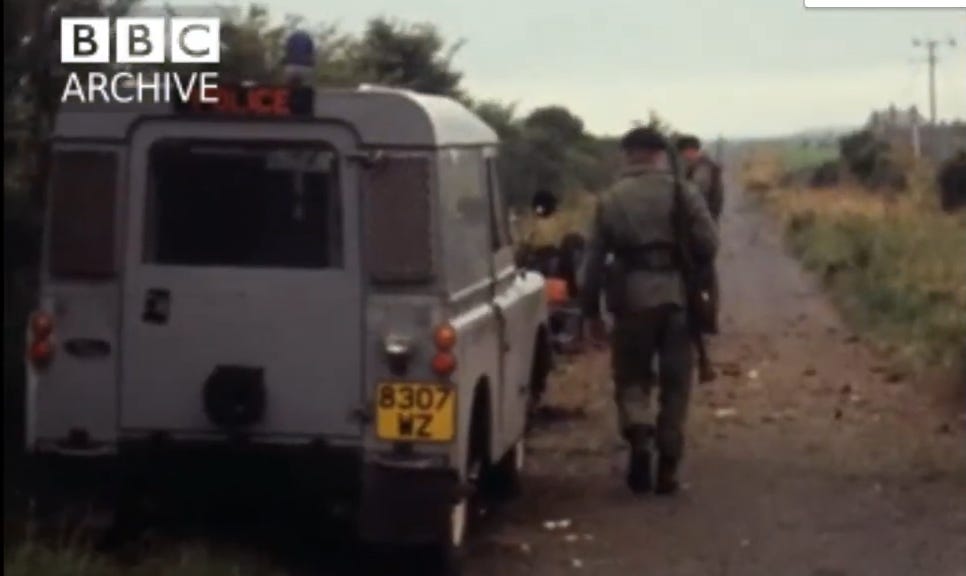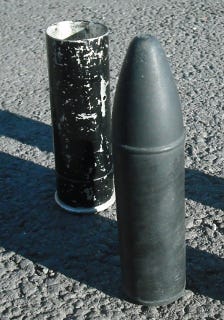August 1970 had been a month of firsts; Elton John made his first US appearance at the Troubador, West Hollywood, Los Angeles, and in Northern Ireland a shiny new water canon brought in by the British Army from Germany also made it’s first appearance.
Rioting continued in Belfast leading in to August. In the early hours of the 1st of August, more than 50 petrol bombs were thrown at troops as rioting erupted for the second night in succession in the Catholic New Lodge area of Belfast. A cinema was burned and the Army used it’s shiny new water cannon for the first time. Archived British Pathé footage can be seen here, showing some of the rioting.
The 2nd of August 1970 saw the introduction of ‘rubber bullets’ (baton rounds) by the British Army for riot control. Rubber bullets are rubber or rubber-coated projectiles that can be fired from either standard firearms or dedicated riot guns. They are intended to be a non-lethal alternative to metal projectiles, and like other similar projectiles made from plastic, wax and wood, rubber bullets may be used for short range practice and animal control, but are most commonly associated with use in riot control and to disperse protests.
The British developed rubber rounds – the “Round, Anti-Riot, 1.5in Baton” – in 1970. A low-power propelling charge gives them a muzzle velocity of about 200 feet per second and maximum range of about 110 yards.
It’s worth noting that between their introduction and their replacement with the 'plastic bullet' in 1975, approximately 55,000 were fired by the Army. The rounds were intended to be fired at the legs of rioters or the ground in front of rioters where the bullet would bounce, losing some of its velocity, and then hit the intended target. Often the weapons were fired directly at people at close range, and on a number of occasions, at civilians who were totally innocent. These weapons were to result in a number of deaths and serious injuries during the Troubles.
As rioting and unrest continued throughout Belfast in August, our favourite British Home Secretary (tongue firmly in cheek), Reginald Maulding, threatened to impose direct rule on Northern Ireland if the agreed reform measures were not carried out. This would not be the first or last time this would be used as a threat in Northern Ireland.
On the evening of the 11th of August, two RUC officers based in Crossmaglen (Samuel Donaldson (23) and Robert Millar (26)) went to investigate a red Ford Cortina abandoned on the Lissaraw Road near the village. Unknown to the officers, the car contained a booby-trap bomb, made up of 20 lb (9.1 kg) of gelignite. It exploded when one of the officers attempted to open one of the car doors, badly wounding them and blowing them over a hedge. The blast was heard from Crossmaglen RUC station. The officers died of their wounds the next day.
They were the first members of the security forces to be killed by republicans during the conflict. The car had been stolen outside the Ardmore Hotel in Newry on the 7th of August. The action was planned and executed by an active service unit made up of IRA members from Navan, County Meath and Inniskeen, County Monaghan, both in the Republic of Ireland. The killings led to a heated exchange of views on both sides of the Border over responsibility for security in the area.
Politicians in the North and indeed in Britain accused the Irish Government of allowing terrorists operate freely along the Border and maintained that the explosion that killed the two officers was prepared in the Republic and moved across the Border.
This accusation annoyed the Irish Government and civic leaders in the Republic who maintained that there was no evidence that the bomb was prepared in the Republic.
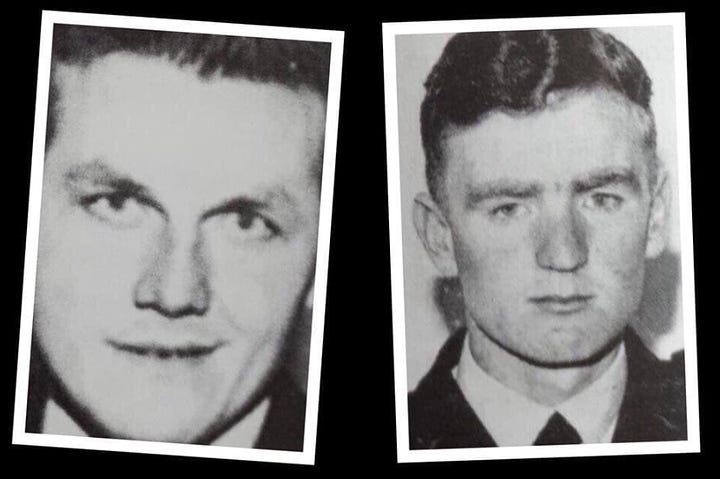
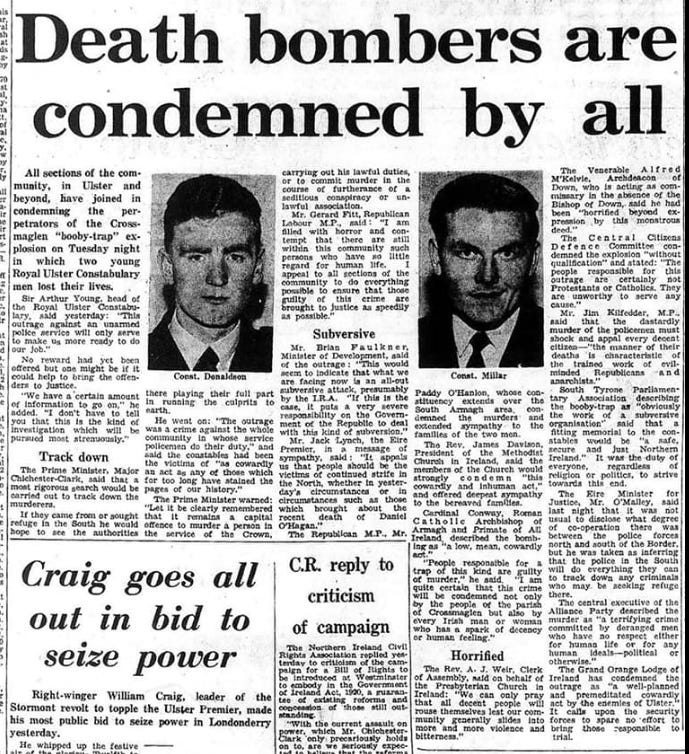
A BBC News report details what happened.
On Friday the 21st of August, the Social and Democratic Labour Party (SDLP) was established. The first leader of the party was Gerry Fitt and the deputy leader John Hume. Other prominent members included, Paddy Devlin, Austin Currie, Ivan Cooper, Paddy O'Hanlon and Paddy Wilson. The party effectively took over from most of the various Nationalist and Labour party groupings and became the main political voice of Nationalists in Northern Ireland until Sinn Fein began to contest elections in the early 1980s.
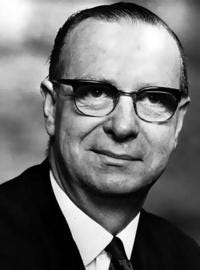
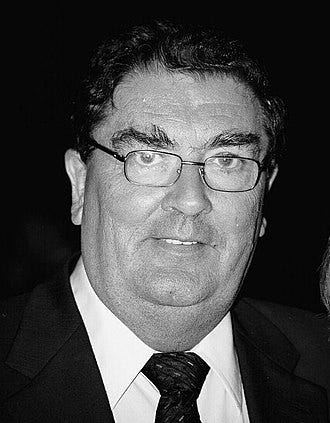
Robert Porter, Minister of Home Affairs, resigned from the Stormont government on Wednesday 26th August. The official reason was given as 'health' but Porter later said that he had not been consulted about the Falls Road curfew. I nitially Chichester-Clark, Northern Ireland Prime Minister, took over responsibility for Home Affairs, but later appointed John Taylor who was very critical of the reform programme.




